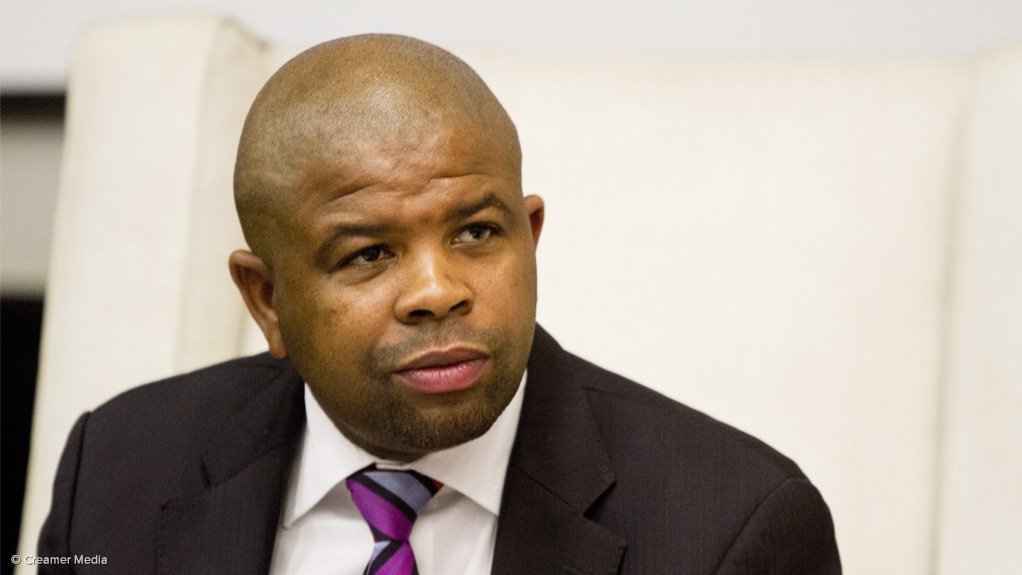The Passenger Rail Agency of South Africa’s (PRASA’s) Metrorail service would remain a subsidised service following its current multibillion-rand rolling stock, station, depot and signalling upgrade programme.
PRASA group CEO Lucky Montana on Monday allayed fears that ticket prices would increase substantially once the upgrade programme had been completed.
Subsidies for urban rail passenger rail transport increased from R1.4-billion in 1996, to the current R3.8-billion a year.
“We won’t see a correlation between the price of the ticket and the investment PRASA is making,” said Montana at the Southern African Transport Conference, held in Pretoria.
“Many of our passengers earn between R800 and R2 500 a month. This is not a lot of money. We cannot pass the investment on to them. If you do so, you start taking them out of the economy.”
Montana averred, however, that increased passenger volumes on an improved Metrorail service should, over time, contribute more to PRASA’s purse.
Yearly passenger trips had declined from 700-million in 1982, to 390-million in 1993, increasing to the current roughly 900-million.
Montana on Monday also came to the defence of the Gautrain high-speed rail system, which currently received around R850-million in subsidies a year.
He noted that the R20-billion-plus government invested to build the Gautrain was not for the sake of raking in profit, but rather to buy an effective, more productive Gauteng economy, with less road congestion.
“When you build railway lines you want to create a push from cars to public transport. If you do not put in money, how will you be successful? Infrastructure like the Gautrain cannot recover all costs from passengers,” said Montana.
“Short-term cost-benefit analysis does not work.”
Gautrain Management Agency CEO Jack van der Merwe added that public transport is still a “mode of force, and not choice”, in South Africa, with South Africans aspiring to car ownership.
The Gautrain, with 65% black patronage, provides a fast, high-quality experience set to compete directly with private car use.
“As our ridership goes up, we pay less subsidies. We are only in our second year of operating the full system,” said Van der Merwe.
The Gautrain system carried around 60 000 train passengers a day, up from 45 000 passengers recorded in July 2013, and 26 000 in April 2012.
“We believe we won’t be paying subsidies in a few years’ time,” said Van der Merwe.
Government paid operating subisidies to Gautrain operator Bombela.
EMAIL THIS ARTICLE SAVE THIS ARTICLE
To subscribe email subscriptions@creamermedia.co.za or click here
To advertise email advertising@creamermedia.co.za or click here











